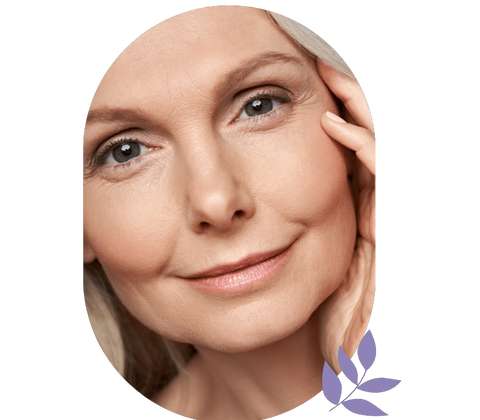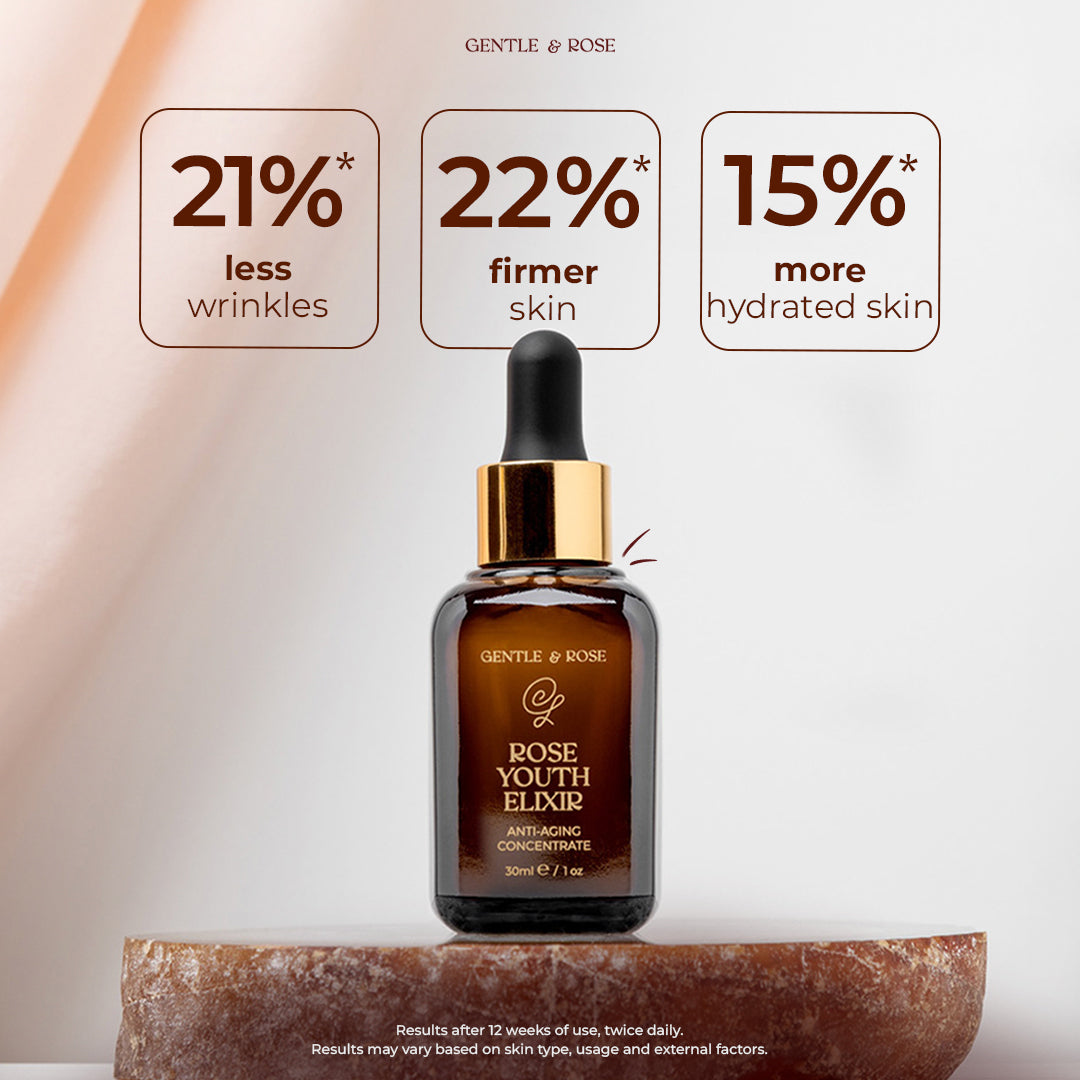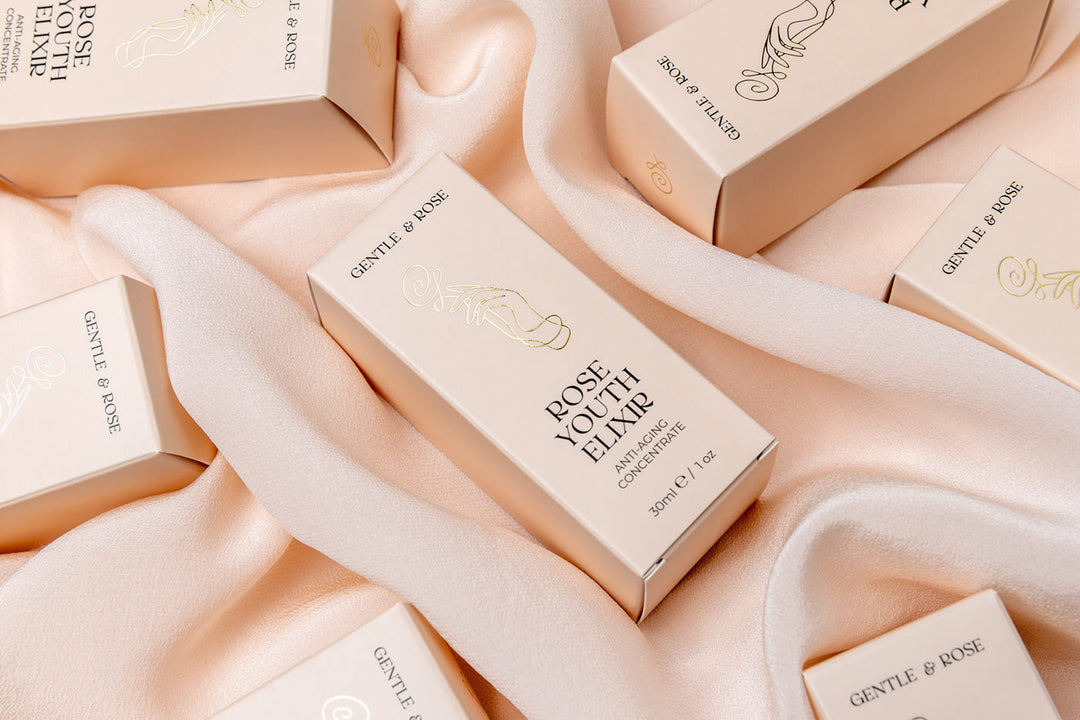What is the microbiome and does it affect ageing?

You might not realise it, but your skin is home to millions of microorganisms, often referred to as your "microbiome."
If you're thinking, "What on Earth is a microbiome, and why should I care?"—well, in this article I will tell you a bit about the functions of the microbiome and what makes it crucial for your skin's health.
So what is the microbiome?
Your skin isn't just an empty canvas; it's more like a lively painting where each microbe has a very important role in keeping your skin healthy.
These tiny inhabitants, including bacteria, fungi, and more, diligently inhabit your skin, contributing to its overall well-being.
I know we don’t naturally associate microbes with something healthy for us, but the case here is a little bit more… interesting.
Picture it this way: your skin is like a tropical rainforest, and these microbes are the wildlife that keep everything in balance.
They help maintain the pH of your skin, fight off harmful invaders, and even contribute to your skin's natural moisture.
In short, they’re your skin's best friends.
What’s the Microbiome’s role in skin ageing?
Your skin's microbiome plays a pivotal role in the process of ageing.
As we age, the diversity of the microbial community on our skin diminishes.
This shift can result in various skin issues and expedite the ageing process.
What Happens when your skin microbiome is damaged?
When your skin's microbial ecosystem is compromised, it can lead to a range of skin problems, from increased dryness and irritation to susceptibility to infections.
Factors like excessive use of harsh cleansers, antibiotics, and even a diet lacking in prebiotic-rich foods can disrupt this delicate balance.
Our solution:

We made our Hydrating Cleanser with special care for your microbiome, so that you don’t need to worry about stripping your skin barrier and hurting your microbiome in the process.
Additionally, environmental stressors such as pollution and UV radiation can negatively impact the health of your skin's microbiome.
It's essential to be mindful of these potential disruptors and take steps to protect and nourish your skin's microbial community to maintain its vitality and help stave off premature ageing.
Maintaining the Microbiome Balance: A Key to Anti-Ageing

If you aim to keep your skin looking its best and slow down the ageing process, you need to become the guardian of your skin's microbial world.
Here's how:
Gentle Cleansing: Opt for mild cleansers that preserve your skin's natural oils, which serve as nourishment for these microscopic allies.
Our Solution: The Hydrating Cleanser was specifically formulated with your skin microbiome in mind. Its gentle and nourishing ingredients also take care of your skin barrier, which in turn makes your skin glowing!
Balanced Diet: Consume foods rich in prebiotics, such as fiber and fermented delicacies. These are like a treat for your microbiome.
Avoid Over-Exfoliation: While exfoliation is beneficial, excessive use can disrupt the delicate balance of your skin's microbiome.
Prebiotic Skincare: Yes, prebiotics are not just for your gut. Prebiotic skincare products can provide the boost that this friendly bacteria craves.
Your #1 solution to a healthy microbiome: Prebiotic Moisturising Cream
Supports the skin's natural defenses
The Prebiotic moisturising cream can help to support the skin's natural defenses by boosting the growth of beneficial bacteria.
What does that mean for the look of your skin? In simpler words, you can expect brighter, more radiant skin because harmful bacteria and other pathogens are kept at bay.
Reducing inflammation
The powerful ingredients it contains help to reduce inflammation on the skin by promoting the growth of anti-inflammatory bacteria, which can help to soothe irritated or inflamed skin.
Reduces the signs of ageing
Prebiotics can help to improve skin texture and tone by promoting the growth of healthy, balanced bacteria on the skin.
This process helps to reduce the appearance of fine lines, wrinkles, and other signs of ageing.
Boost of hydration
In addition to supporting the skin's microbiome, the prebiotic complex, rosehip oil, rosa damascena oil, and hyaluronic acid in the moisturiser can give your skin a boost of hydration.
Rosehip oil and rosa damascena oil are both rich in antioxidants and essential fatty acids, which can help to nourish and hydrate the skin.
Hyaluronic acid, on the other hand, is a powerful humectant that can help to draw moisture into the skin, leaving it plump and hydrated.
In essence, a well-balanced skin microbiome can be your strategic ally in the pursuit of ageless beauty.
It's akin to having an army of microscopic protectors that shield your skin against the ravages of time.
Until next time,
Renata






Leave a comment